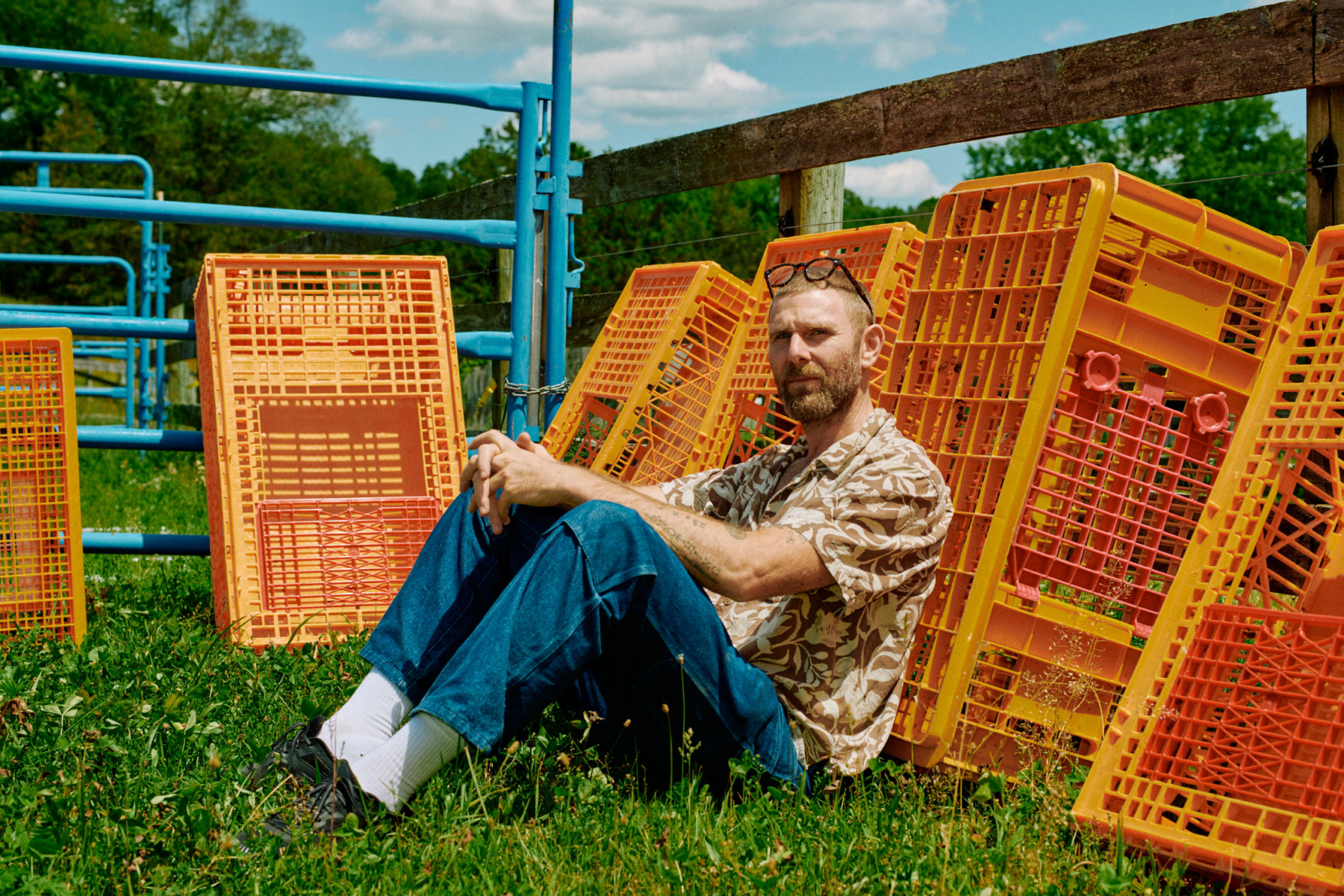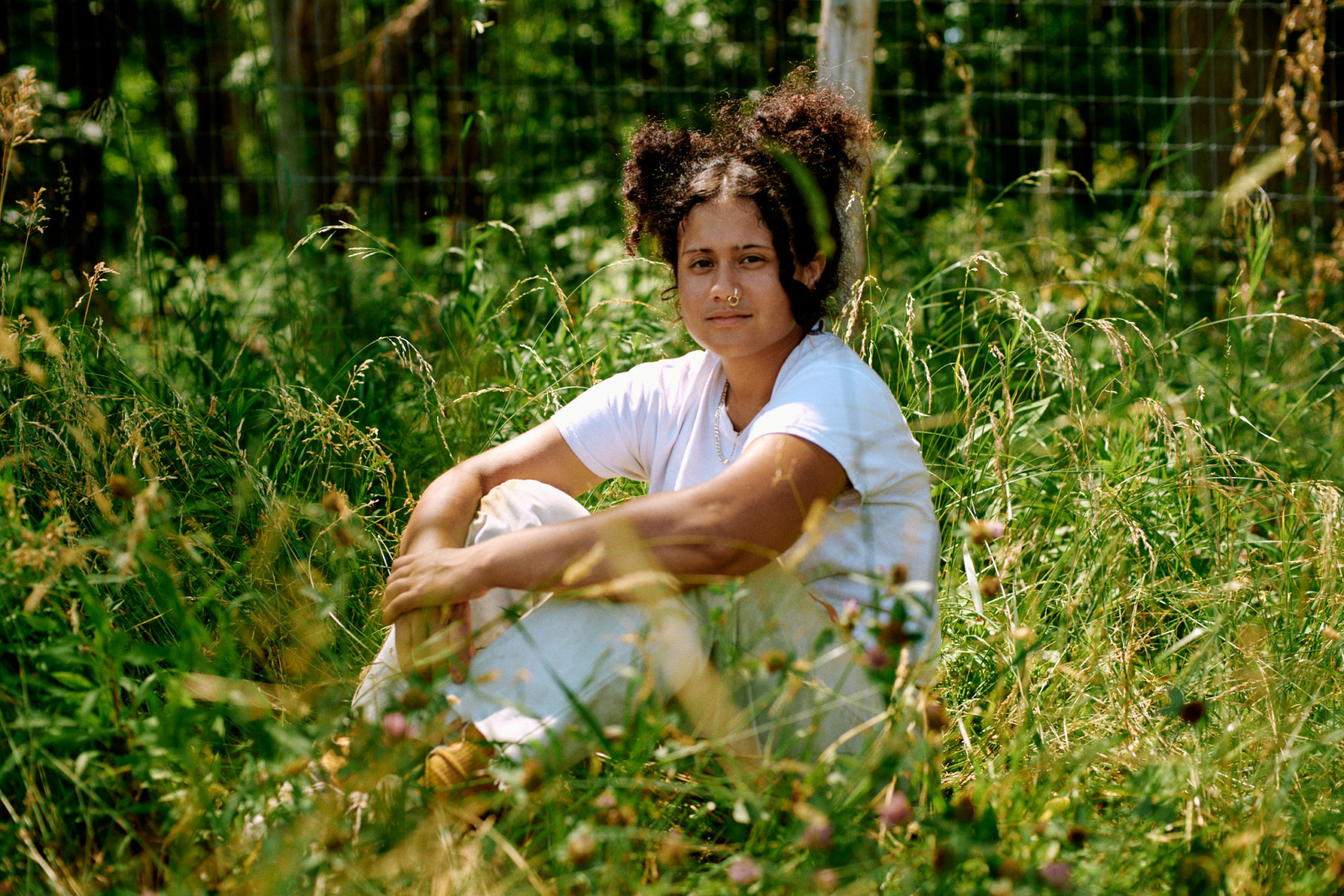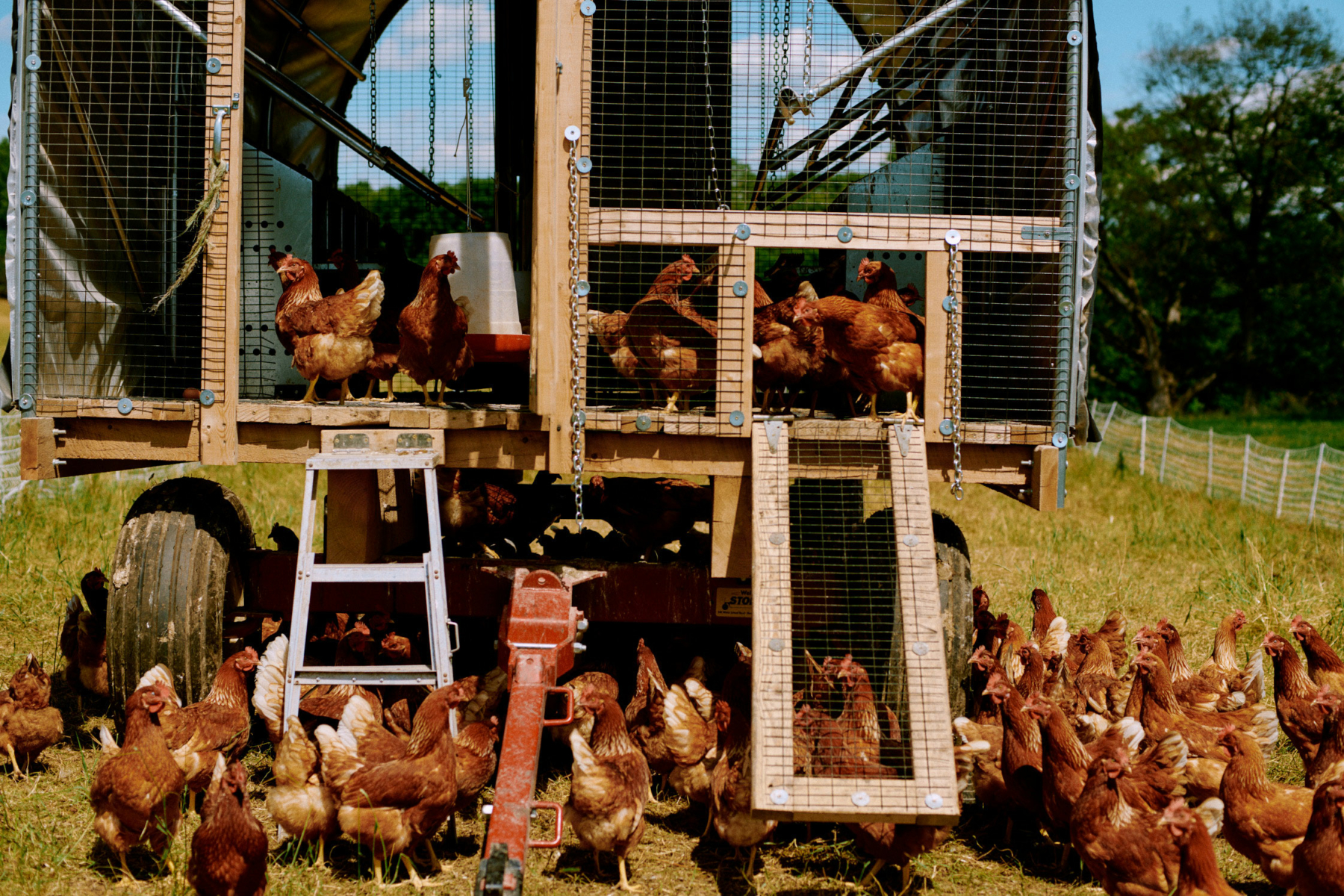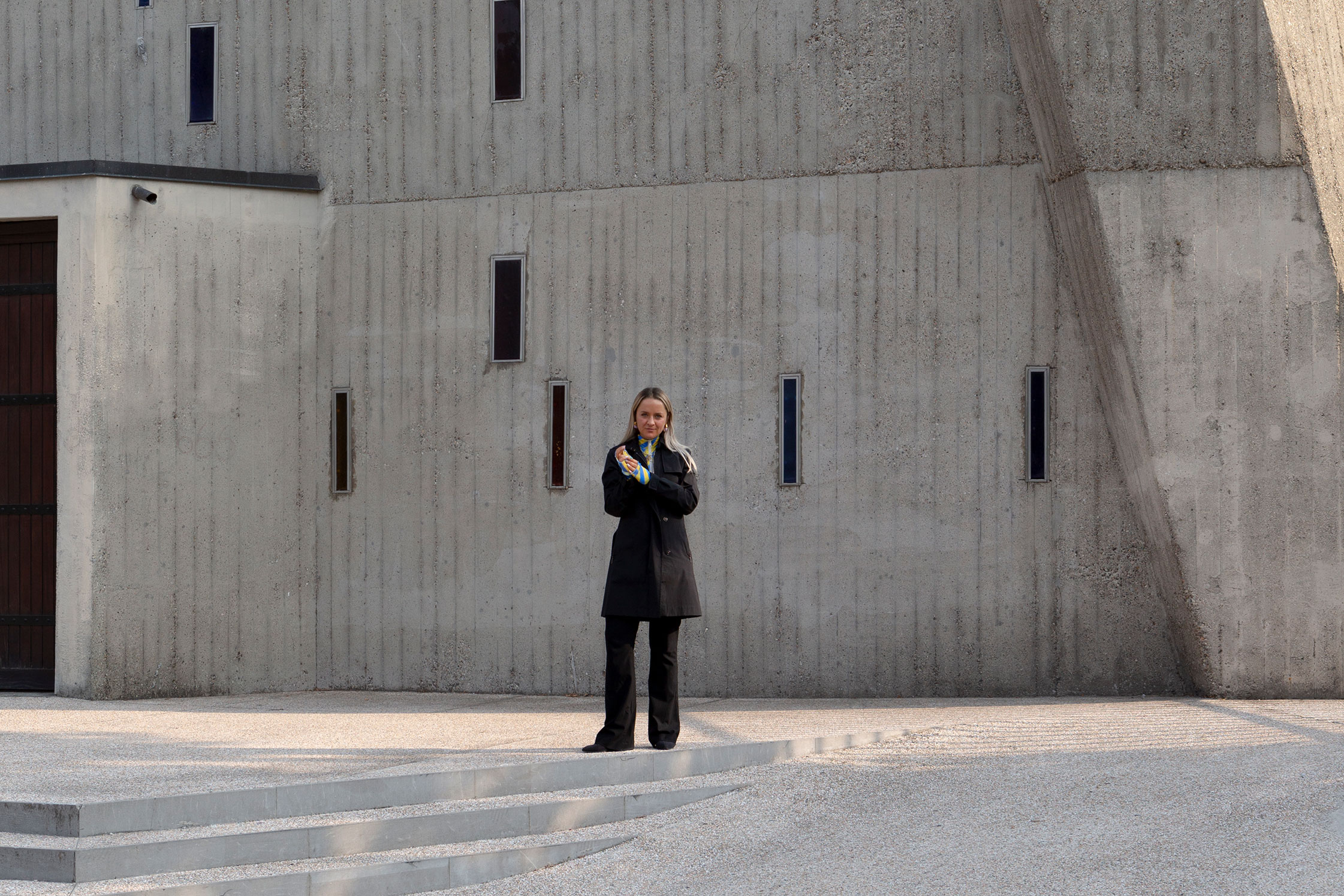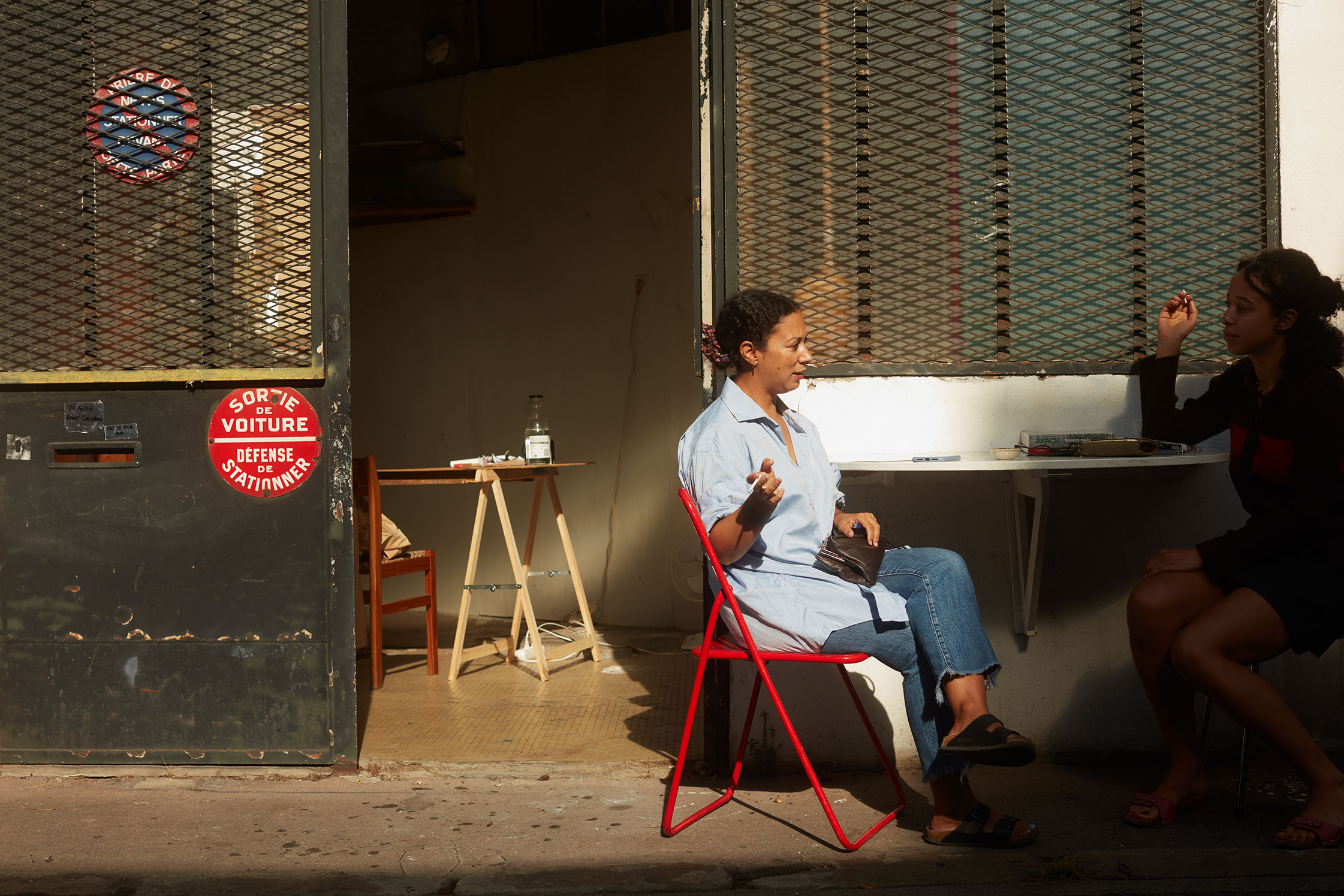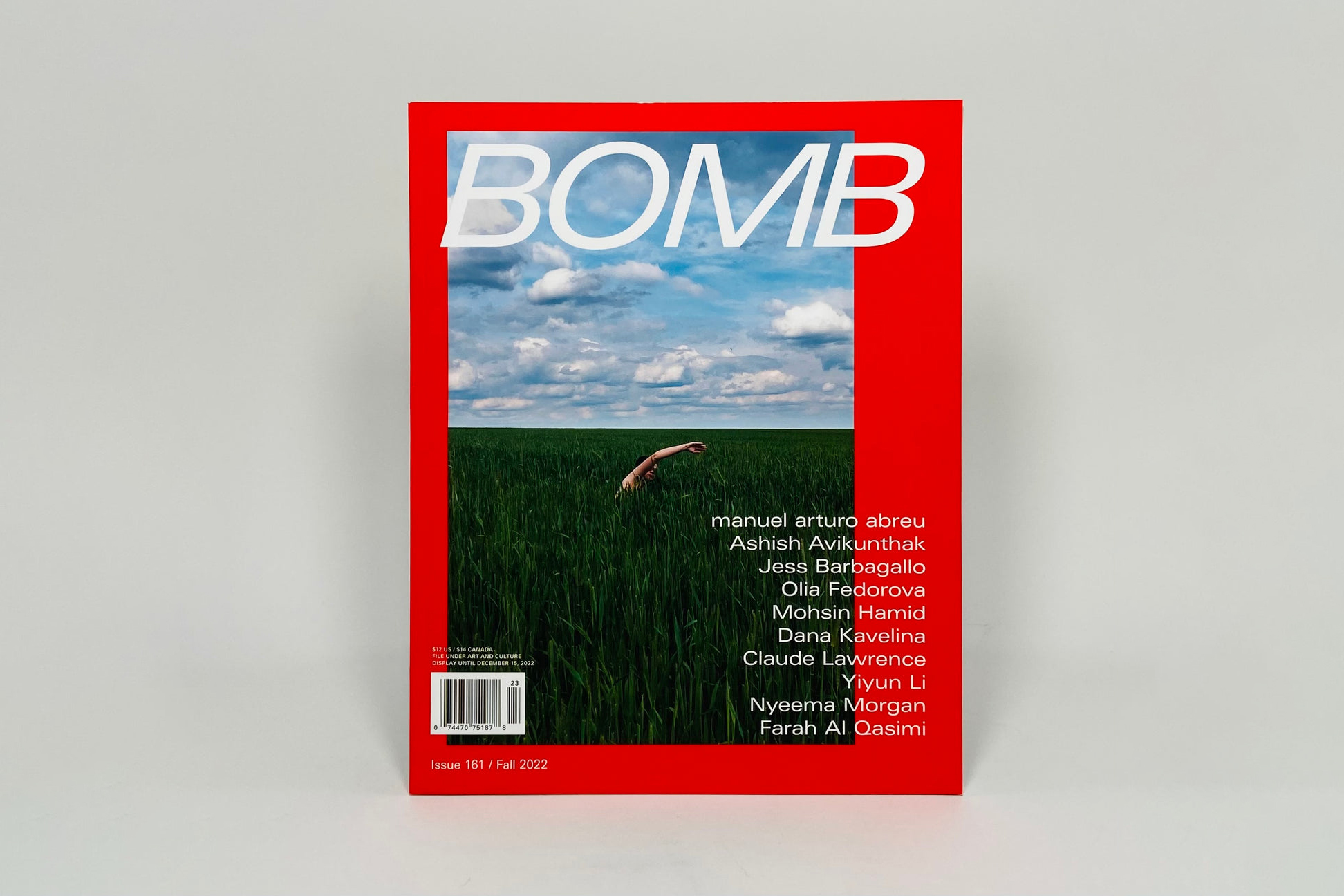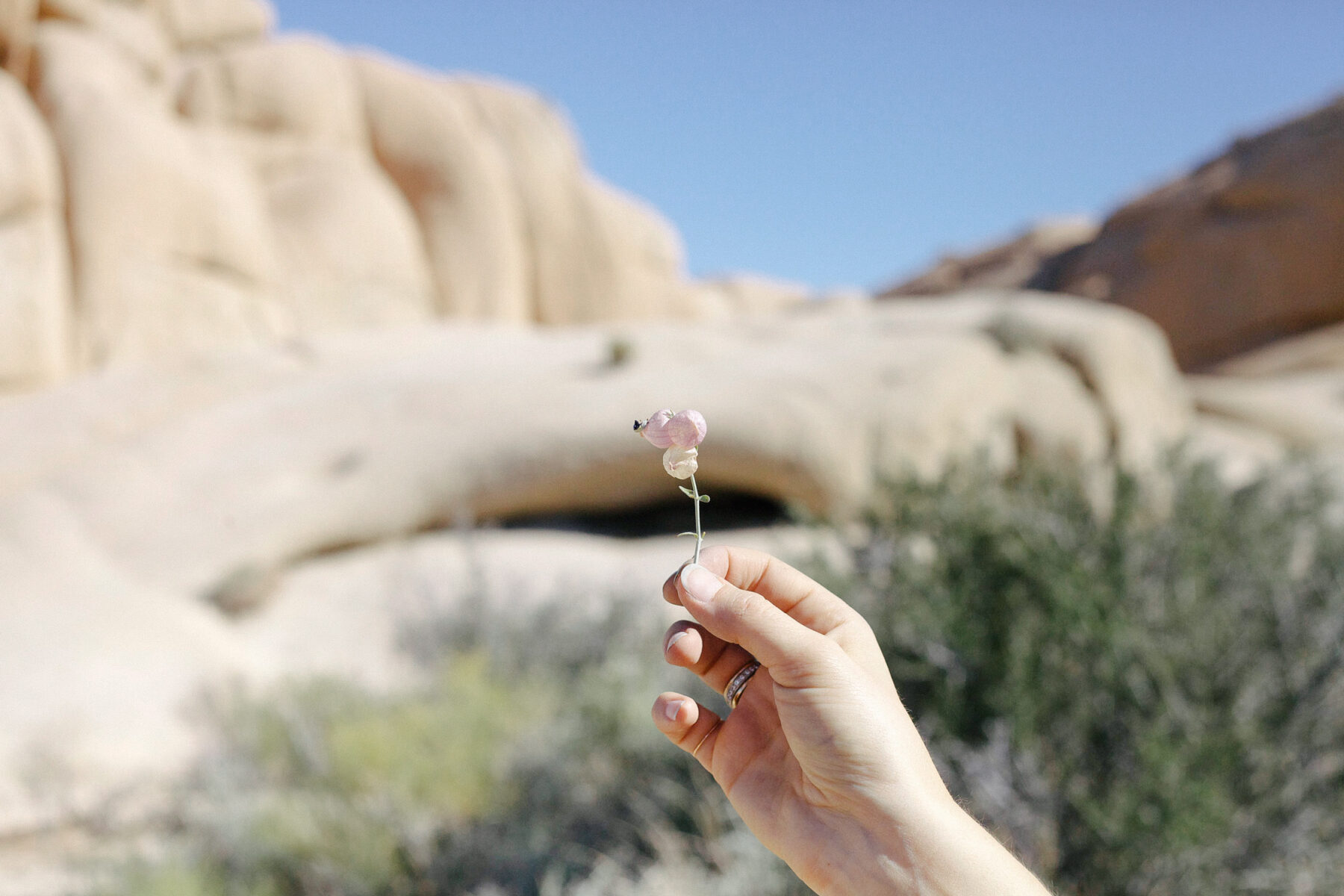Revisiting the stories that introduced us to a new way of thinking and inspired us to go beyond our creative comfort zones.
Around this time last year, we asked ourselves how creativity could inspire new, more sustainable ways of living, how it could guide us through change, and help us rise to the challenges facing our communities and ecosystems.
As we embarked on a journey to explore these questions, it became clear that finding answers wouldn’t be about going to far away places or consulting an expert on a pedestal. It would be about challenging our own definitions of creativity and storytelling, connecting with things beyond ourselves, and paying close attention to creativity’s intersection with everything else, from ecology to technology, all the way to politics, social justice, and mental health.
By now, we know that when it comes to design, sustainability can not be reduced to a material feature—something we build into an object and go on to forget. For many of our protagonists, this has become an important premise. Rather than designing sustainable products, their quest has been designing more sustainable relationships and practices. In Glasgow, Sophie Unwin, founder of Remade Network shared her transformative journey to repair culture, reminding us that fixing things is an utterly imaginative act and that material literacy can empower communities. In Accra, we took an eye-opening tour of the Kantamanto market and spoke to artist Sel Kofiga about the impact of the second-hand clothing trade and applying local upcycling traditions to imported waste.
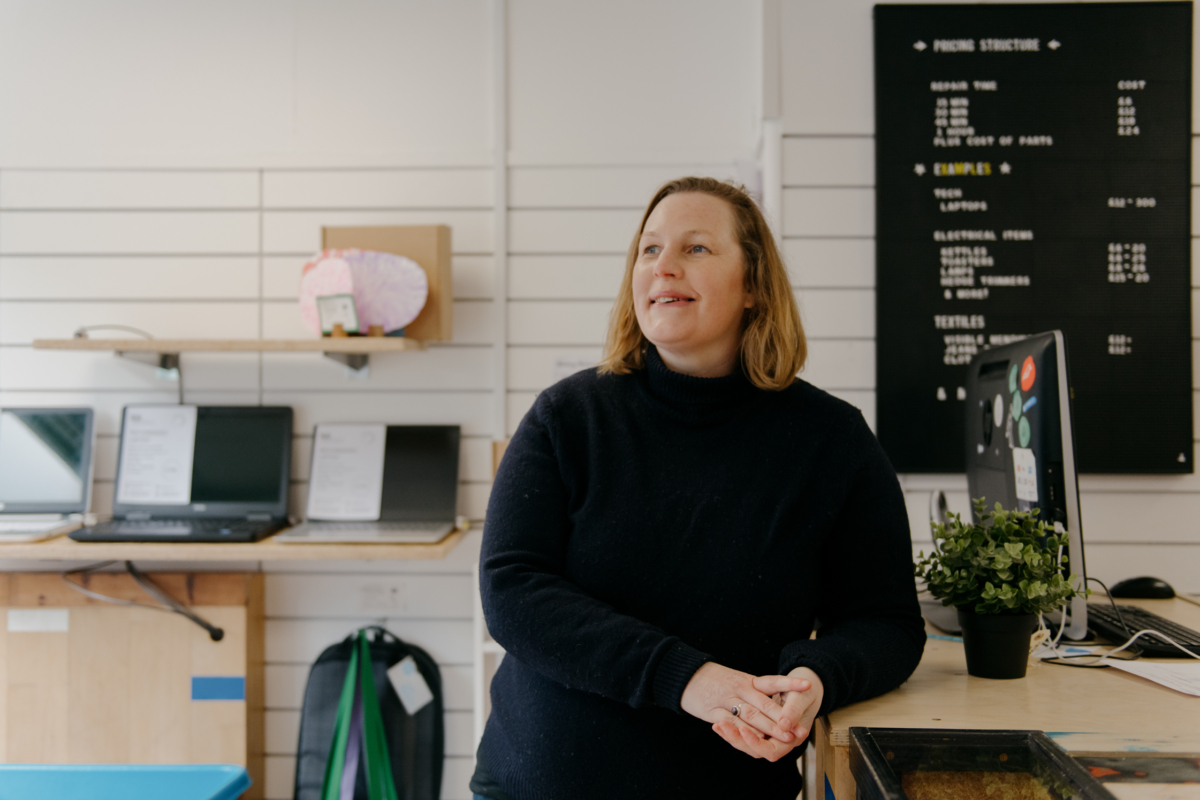

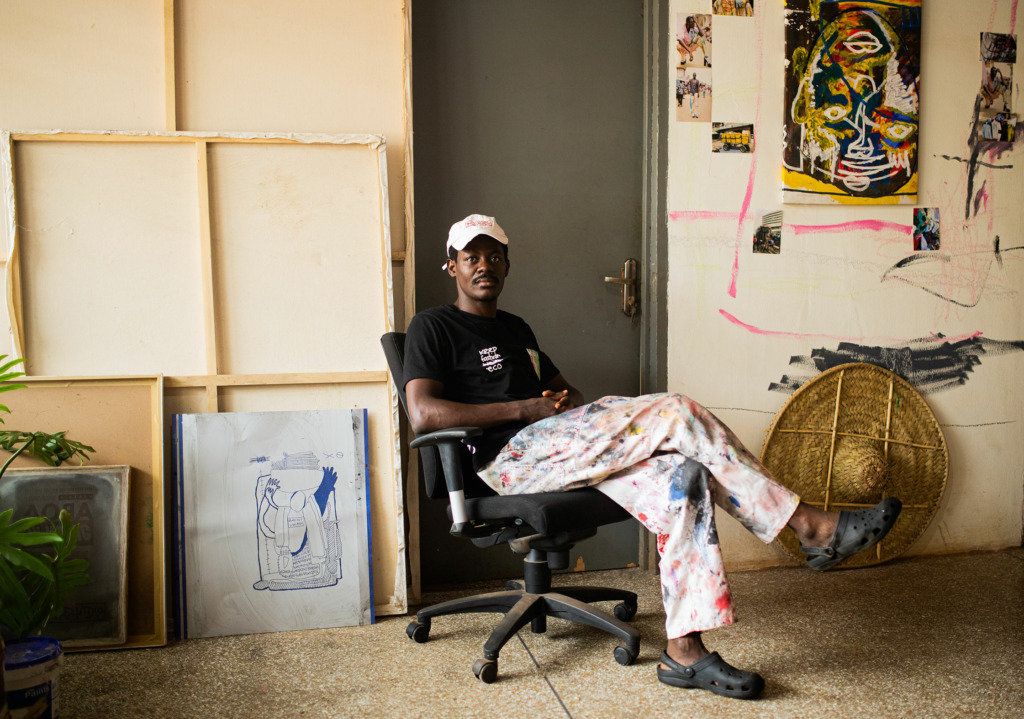
Enquiring about creativity’s potential at times of change also made us wonder how creativity is being used to imagine new futures and better realities. On a non-profit farm in Upstate New York, art meets farmer training to envision a food system rooted in social justice. In Beirut’s creative districts, a design studio, a visual artist, an artist-activist, and a fashion designer told us about creativity as a source of regeneration and resilience, how “planning, prototyping, sketching, assembling, testing—all of these help to project what is to come or what could be” (Maya Moumne & Hatem Imam, Studio Safar).
Coincidentally, in Berlin, a city—to quote FF Editor Ellen McBride—“overflowing with artists, but no longer flowing with empty, available spaces,” we watched a new generation make space, both physically and metaphysically, for their practices. We visited Artists Manuel Wroblewski and Johanna Dumet in their symbiotic, playground-like studio and joined the artist and musician Khadija on a tour of her cultural background and favorite spots around the city.
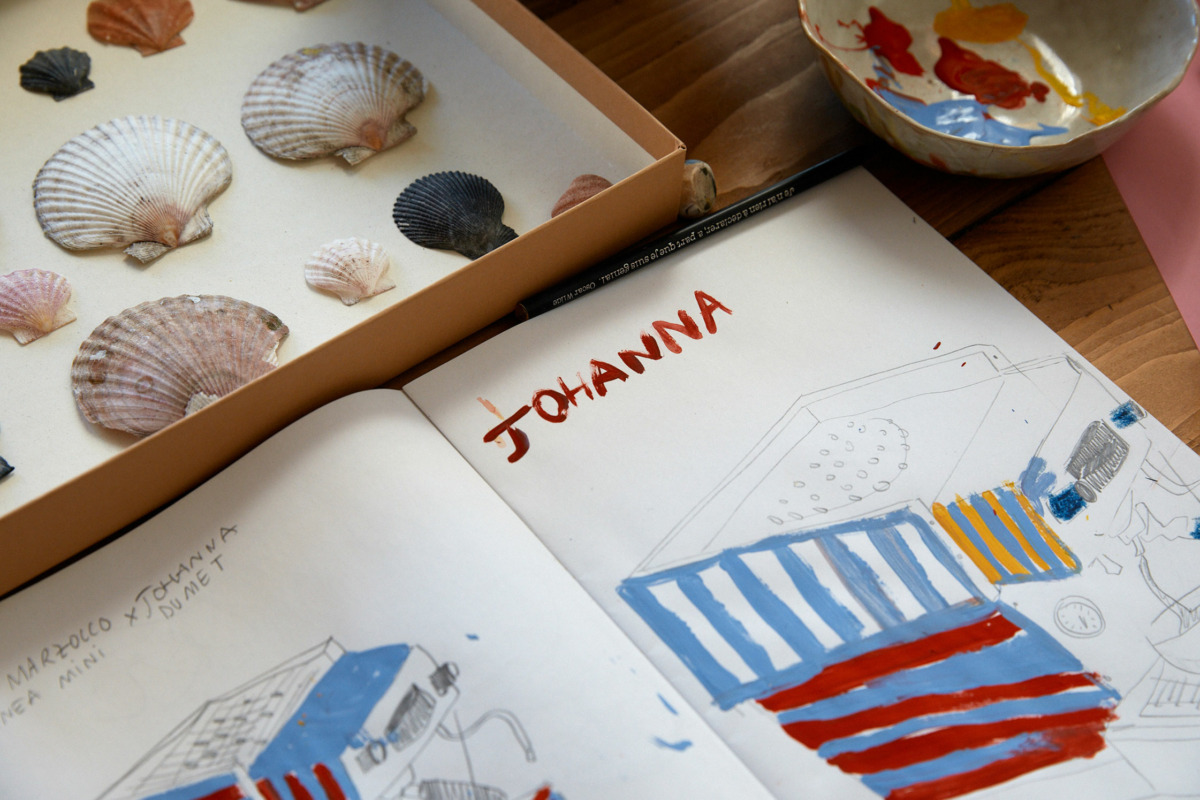

Over at our very own Friends Space, art collective Super Super Markt reunited young artists and collectors on the occasion of its group exhibition Homestory. Reminding us of the importance of coming together to nurture and celebrate the intersection, not only of creativity with other fields, but also of different generations, of digital and physical forms of expression.
All the while, some stories and encounters were pursued in collaboration with kin-spirited brands—from the website and commerce building platform Squarespace to the Scandinavian design brand Muuto and the Sneaker brand ON. We look forward to more collaborations with brands alike.
Of course, all of this is only a small fraction of what we had the pleasure of observing over the past year. For each conversation, each intersection, and each take on creativity, there is much more to be said and much more to be read… Follow along to revisit more favorites from 2022:
Profiles
Photo Essays
Link Lists
Mixtapes
We thank all the brilliant writers, directors, and photographers that made these stories and encounters possible.
Text: Amelie Varzi
Images: Patrick Desbrosses, Fiifi Abban, Caroline Tompkins, Mattia Greghi, Wendy Huynh, Jose Flores, Alec Soth, Andi Galdi Vinko, Claire Cotrell, Giulia Spadafore, Simone Gänsheimer.
Video: Marcus Werner
If you haven’t had enough, make sure to visit our Profile section, our Deep Dives, our Photo Essays, Mixtapes, and Link Lists.

